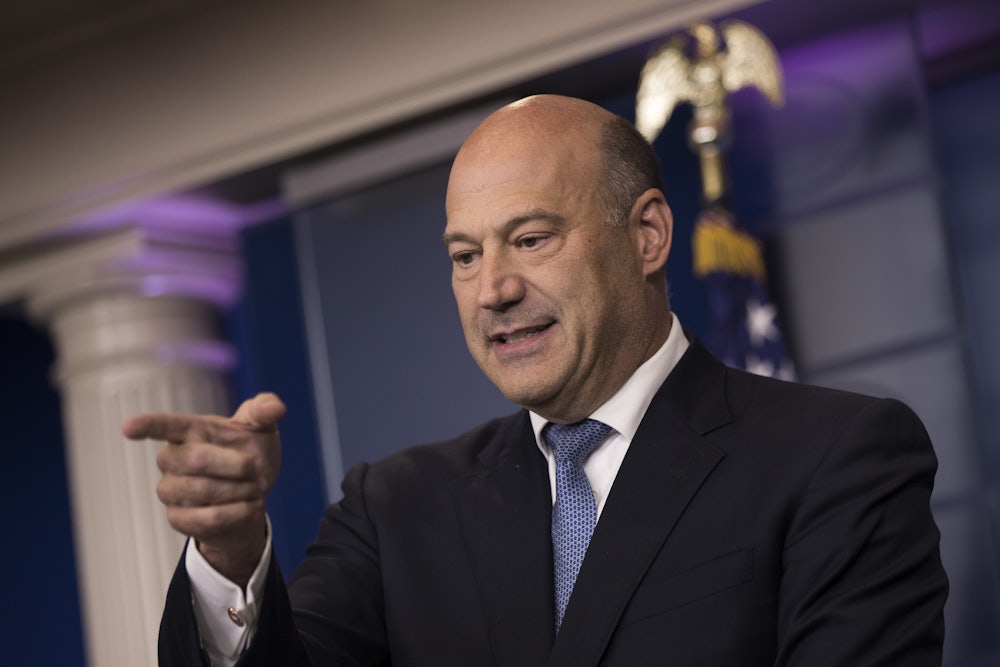The tax reform bills moving through Congress right now are gigantic corporate tax cuts that, according to experts, would raise taxes for tens of millions of individual Americans over the next ten years. But while these bills are designed to give breaks to rich people and corporations, Republicans have followed the standard GOP playbook of insisting that what they’re really doing is helping the middle class. In the House version, over half the cuts would go to the richest fifth of all taxpayers, so Republicans are essentially arguing that these benefits will trickle down in the form of more jobs and higher wages. But the trick is to not say this, and instead pretend that the bill directly provides benefits to middle class taxpayers.
“The focus is on middle class tax relief,” Paul Ryan said a week ago. “The focus is on directing that tax relief to the people in the middle and the people who are trying to get there. And that is why we put our emphasis on that tax relief for those people who are in the middle.” President Trump, who clearly doesn’t have a great handle on the legislation, has echoed this line in his inimitable way, reportedly wanting to call the bill the Cut Cut Cut Act.
But White House adviser Gary Cohn struggled with this simple piece of obfuscation in a conversation with CNBC’s John Harwood:
Harwood: You’re not saying, as you did a few weeks ago, that the wealthy do not get a tax cut under your plan?
Cohn: No. I’m saying there’s unique situations to everyone out there. Everyone has their own story. It’s not our intention to give the wealthy a tax cut.
Harwood: But they’re getting one.
Cohn: I don’t believe that we’ve set out to create a tax cut for the wealthy. If someone’s getting a tax cut, I’m not upset that they’re getting a tax cut. I’m really not upset....
Harwood: Your old colleague, Steve Bannon, says, “Ask him why they didn’t design a tax plan focused on average Trump voters.” And when I talked to Larry Summers, who’s your predecessor at the NEC, also Treasury secretary, he said, ‘Look, they’re doing what their money wants.’
Cohn: They’re entitled to their opinions.
Harwood: Why are they wrong?
Cohn: We have achieved our objectives. We are delivering a middle income tax cut.... We are lowering corporate taxes to make ourselves competitive with the world....
We create wage inflation, which means the workers get paid more; the workers have more disposable income, the workers spend more. And we see the whole trickle-down through the economy, and that’s good for the economy.
Here Cohn exemplifies the convoluted intellectual justification for this bill, which is that lowering the corporate tax rate will trickle down to middle-income earners, even though there’s no real evidence that this will happen. Cohn’s belief, expressed elsewhere in the interview, that cutting taxes will mean that corporations will return to the United States is similarly overly optimistic, if not downright cynical. But what’s really notable here is that Cohn gives the game away: This is a trickle-down bill, in which the majority of the benefits go to the wealthy.
